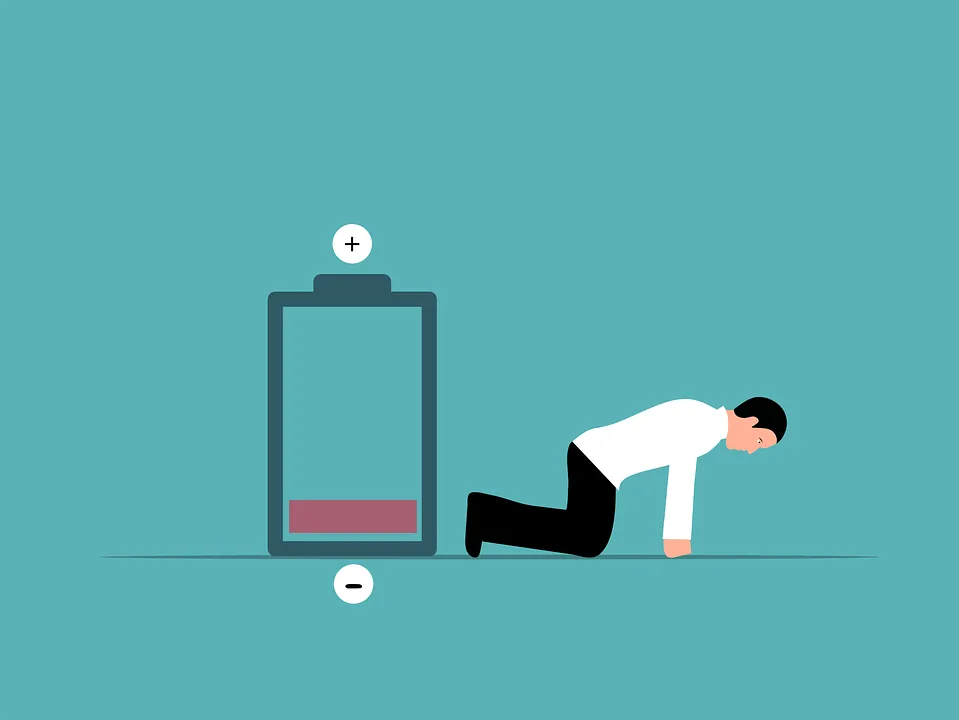Effects of Dehydration on the Body
Thirst:
The first sign of dehydration is often thirst, as the body attempts to restore its fluid balance.
Dry mouth and skin:
Dehydration can also cause a dry mouth and skin, as well as dark yellow urine, which is a sign of concentrated urine.
Fatigue:
When dehydrated, the body may experience fatigue, dizziness, and weakness, as the lack of fluid affects the body's ability to transport oxygen and nutrients to the cells.
Headaches:
Dehydration can lead to headaches, as the fluid balance in the brain is affected.
Constipation:
Dehydration can also cause constipation, as the body will attempt to conserve fluid in the intestinal tract.
Problems Associated with Chronic Dehydration
Kidney problems:
Chronic dehydration can lead to kidney problems, as the kidneys are unable to effectively filter waste from the blood.
Urinary tract infections:
Dehydration can also increase the risk of urinary tract infections, as concentrated urine provides an ideal environment for bacteria to grow.
Heat stroke:
In extreme cases, dehydration can lead to heat stroke, a condition that occurs when the body is unable to regulate its temperature.
Electrolyte imbalances:
Chronic dehydration can also cause electrolyte imbalances, which can affect the body's ability to regulate fluid levels and maintain normal muscle and nerve function.
Examples of Dehydration
Athletes, especially those who participate in endurance sports, are at a higher risk of dehydration, as they lose fluid through sweating.
Children, especially infants and young children, are at a higher risk of dehydration, as they have a higher fluid requirement relative to their body weight.
Older adults are also at a higher risk of dehydration, as they may not feel thirsty, and their body's ability to conserve water decreases with age.
People with medical conditions such as diabetes, cystic fibrosis, and heart, liver, or kidney disease are also at a higher risk of dehydration, as their bodies may not be able to regulate fluid levels properly.
Conclusion:
Dehydration can have serious effects on the body and can lead to a range of problems, from mild symptoms such as fatigue and headaches to more serious conditions such as kidney problems and heat stroke. To avoid dehydration, it is important to drink enough water, especially in hot weather or during physical activity, and to seek medical attention if symptoms persist.
